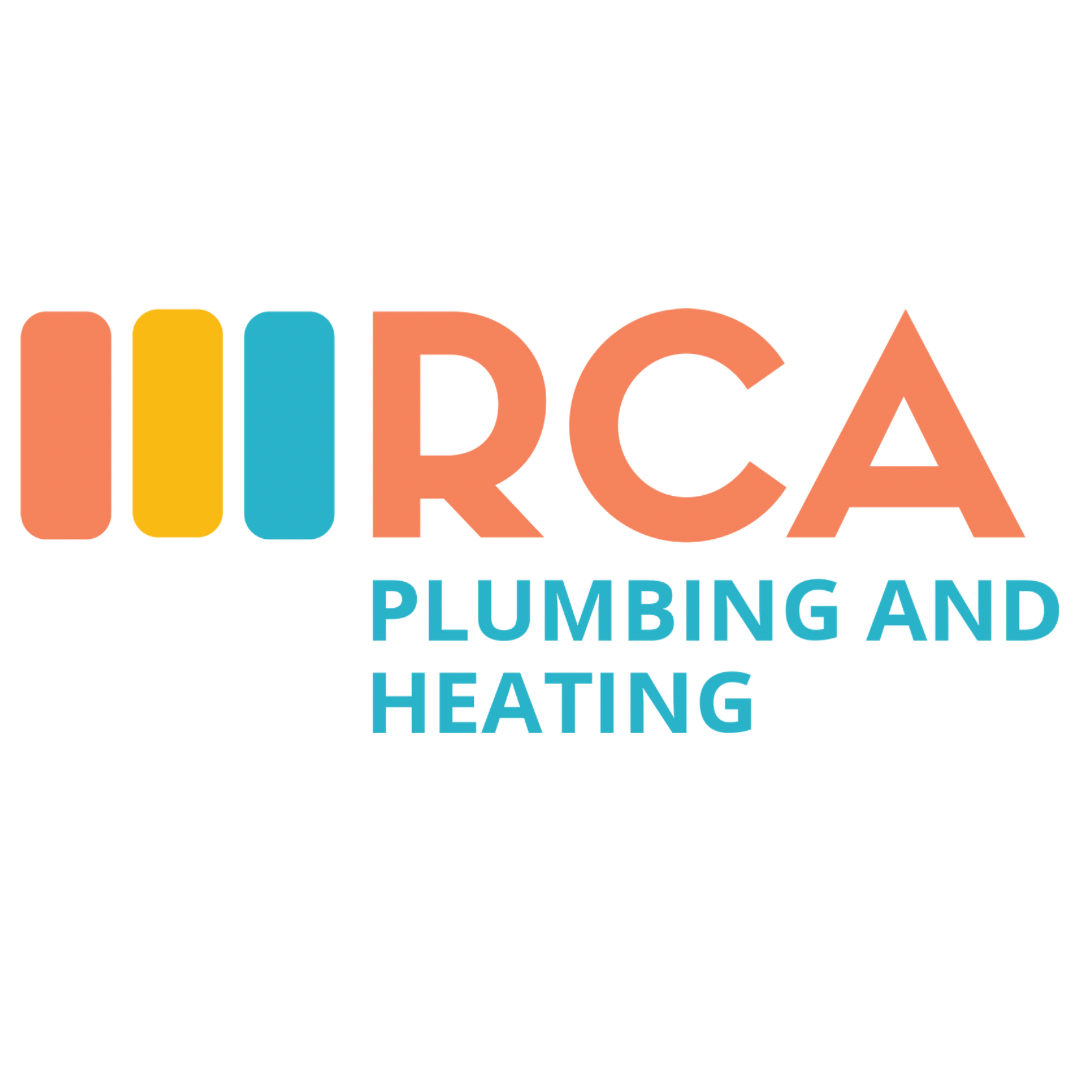Heat Geek Installers Scotland
keeping Central Scotland warm & cosy since 2019
RCA Plumbing & Heating working with the UK's most trusted brands



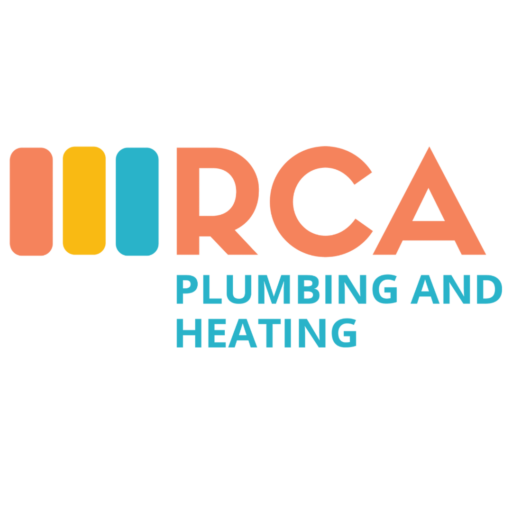

Scotland'S Heat Geek Installers
What is ZeroDisrupt™ from Heat Geek?
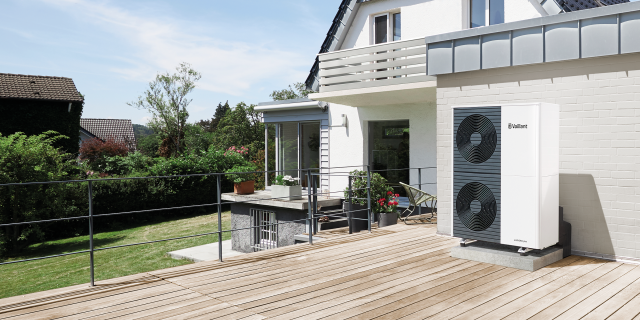
Accredited Heat Geek Installers
ZeroDisrupt™ is a new way of designing heat pump systems, built to make switching from gas easy, affordable, and stress-free.
For years, heat pumps had a reputation for being complicated and expensive. But Heat Geek, the UK’s leading heating efficiency platform, created the ZeroDisrupt system to change that.
It works like this:
Instead of guessing or over-engineering, every system is designed around your home’s exact heating needs. We use real-world performance data from thousands of installs, so nothing is oversized, nothing wasted.
No unnecessary cylinders, no complex add-ons, just a simple, efficient setup designed to deliver comfort and savings, without disrupting your home.
Thanks to the Boiler Upgrade Scheme (£7,500 grant) and the streamlined ZeroDisrupt approach, a new heat pump can cost about the same as a new boiler, from around £3,000.
We’re trained to Heat Geek’s top standards and specialise in installing Vaillant heat pumps with precision and care. Quiet, compact, and perfect for Scottish homes.
What Does Heat Geek Accreditation Actually Mean?
Anyone can install a boiler or a heat pump. But a Heat Geek Accredited engineer goes further.
We’ve passed advanced training in:
Every home is different. We start by designing your system around the building, not just the boiler. That means choosing the right type of heating for your space, whether that’s underfloor, radiators, or a mix, and making sure it works with your lifestyle and energy goals.
We don’t guess. We measure. Heat loss calculations help us understand how much heat your home actually needs in each room. That way, we avoid oversizing the boiler or heat pump, which wastes energy and pushes up bills, and make sure you’re heating smarter, not harder.
Why heat the whole home if you’re only in one room? We can split your home into zones and add smart controls so you can control temperatures room-by-room, from your phone. That means more comfort, more control, and less waste.
Most systems in the UK run way hotter than they need to. We design yours to run at lower flow temperatures, which makes your system quieter, more efficient, and ideal for pairing with heat pumps and smart controls. Lower temps = lower running costs.
Scotland's Heat Geek Accredited Installers
A Smarter Way to Heat Your Scottish Home
Heating isn’t something most people plan for, it becomes urgent when the boiler breaks, usually in the middle of winter. For years, the only option in Forth Valley, Scotland has been another gas boiler. The problem? Gas prices keep climbing, and replacing like-for-like locks you into higher bills for years. Now there’s another choice. I’m proud to bring Heat Geek’s ZeroDisrupt system to Scotland. This means you can now get a heat pump installed for the same cost as a boiler, around £3,000. And because heat pumps are far more efficient, your monthly bills go down too. I can do this, not by lowering standards but by raising them. With Zero Disrupt, every design is based on data from thousands of homes, refined with the knowledge of the UK’s best heating engineers.
That means?
Knowing why flow temperatures matter (and how to design for lower ones).
Balancing your system so every room gets the heat it needs, no more, no less.
Sizing pipework, emitters and cylinders for real-life efficiency, not just box-ticking.
For you, this means the best heating system possible at a price that finally makes sense.
How It Works for Your Home
When we visit your home, we can:
No waiting weeks. No design back-and-forth. No hidden extras.
Why More London's Homes Are Choosing Heat Pumps
case studies
Our Recent Heat Geek Projects Scotland

Meet Forth Valley's most reviewed boiler, heat pump service & installation specialists with over 300+ people saying nice things!
Read what other locals say about their RCA Plumbing & Heating journey
Why Choose us
A heat pump range for every Scottish home & family budget!
How it works
Roadmap to Your Heat Pump Installation
Tell us a bit about your home and we’ll give you a free estimate in less than 2 minutes
One of our experts will visit to measure your homes heat loss and check what’s needed to for maximum efficiency.
We’ll send you a clear, no-jargon quote so you know exactly what to expect.
Our friendly team will install your new heat pump with care and attention.

Scotland's Heat Geek Accredited Installers
Book Your Consultation
Ready to make your home more efficient, comfortable and future-ready?
We offer no-pressure consultations where we:
Use the form below, give us a call, or message us on WhatsApp, we’re happy to help.
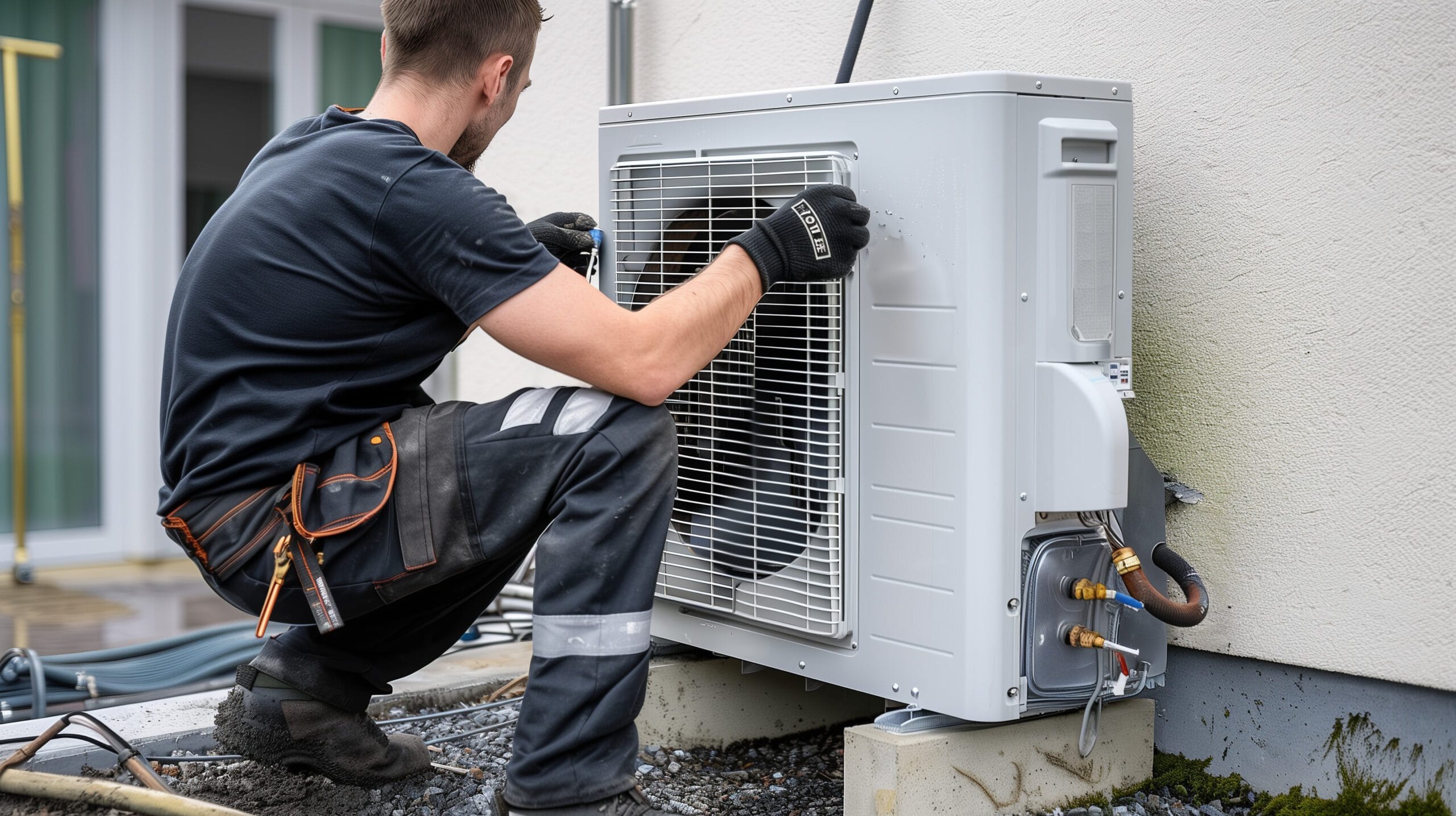
Warming Scottish homes since 2019
FORTH VALLEY'S Heat Pump Installers
Yes! We also service heat pumps across Forth Valley
As Heat Geek accredited installers and part of Vaillant’s trusted partner network, our team is fully trained to install and care for a range of high-performance systems, from the aroTHERM plus to the aroTHERM split and air-to-water models.
If you’ve already had a heat pump fitted, keeping it serviced annually is key to ensuring top efficiency, reducing running costs, and keeping your manufacturer warranty valid.
We know how to get the best out of your system, whether it’s a brand new install or a routine service visit. If you’re looking for trusted advice, professional support, and reliable workmanship, you’re in safe hands with RCA.
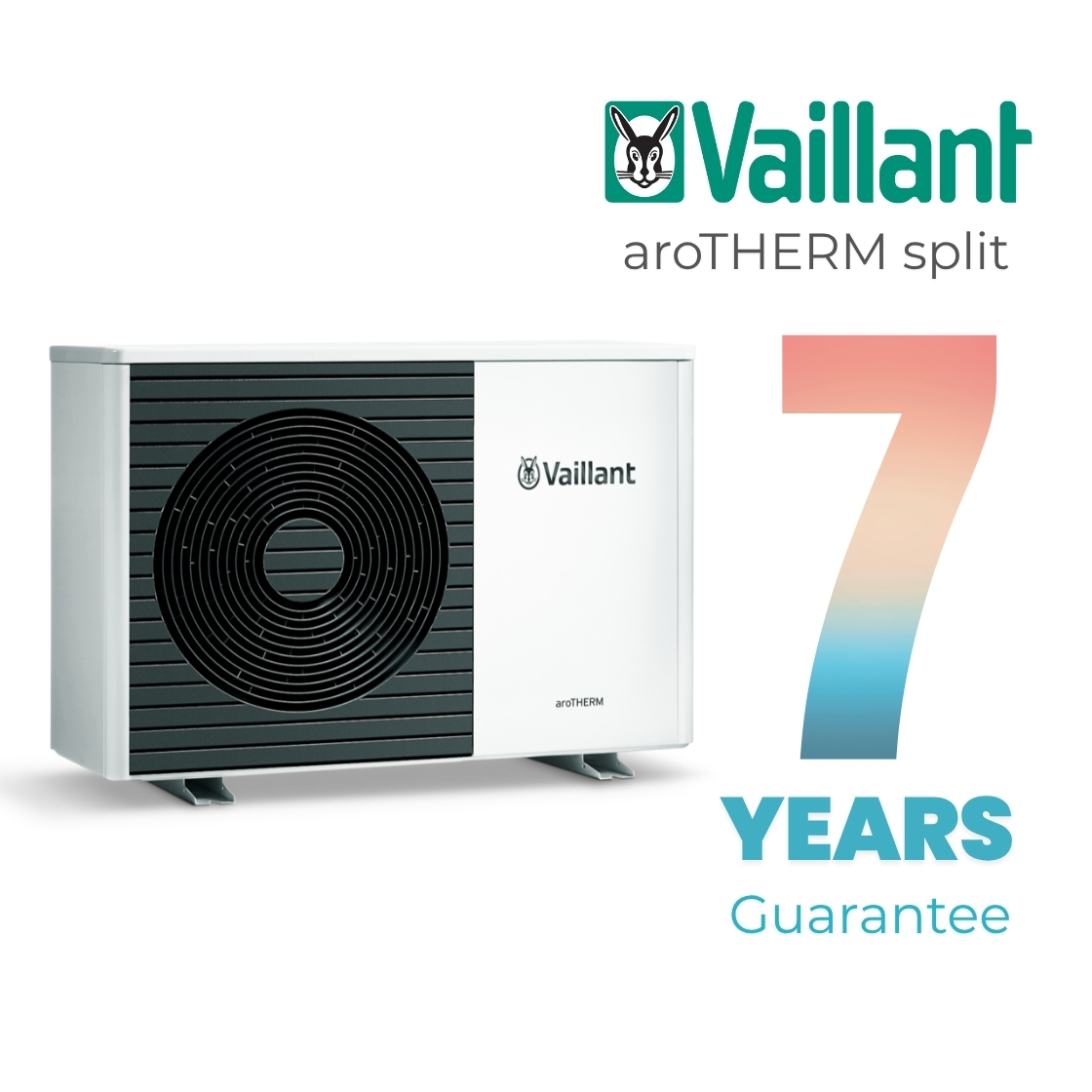
Vaillant aroTHERM split Heat Pump installation
Vaillant Heat Pump
Vaillant aroTHERM split
The Vaillant aroTHERM Split is a smart, space-saving heat pump that delivers excellent performance without compromising on quality. Designed for flexibility, it’s ideal for a wide range of homes — whether you’re upgrading your current system or building new.
This split system separates the indoor and outdoor units, making it perfect for properties where space or placement is limited. With quiet operation, high efficiency (A+++), and outputs up to 12kW, it’s a reliable and future-ready choice for eco-conscious homeowners.
Built by one of the most trusted names in heating, the aroTHERM Split offers all the benefits of renewable energy in a compact, high-performing design.
- Up to 7-Year Guarantee
- Quiet Mark Certified
- ErP A+++ Rated
- Smart Controls Compatible
- Boiler Upgrade Scheme Eligible
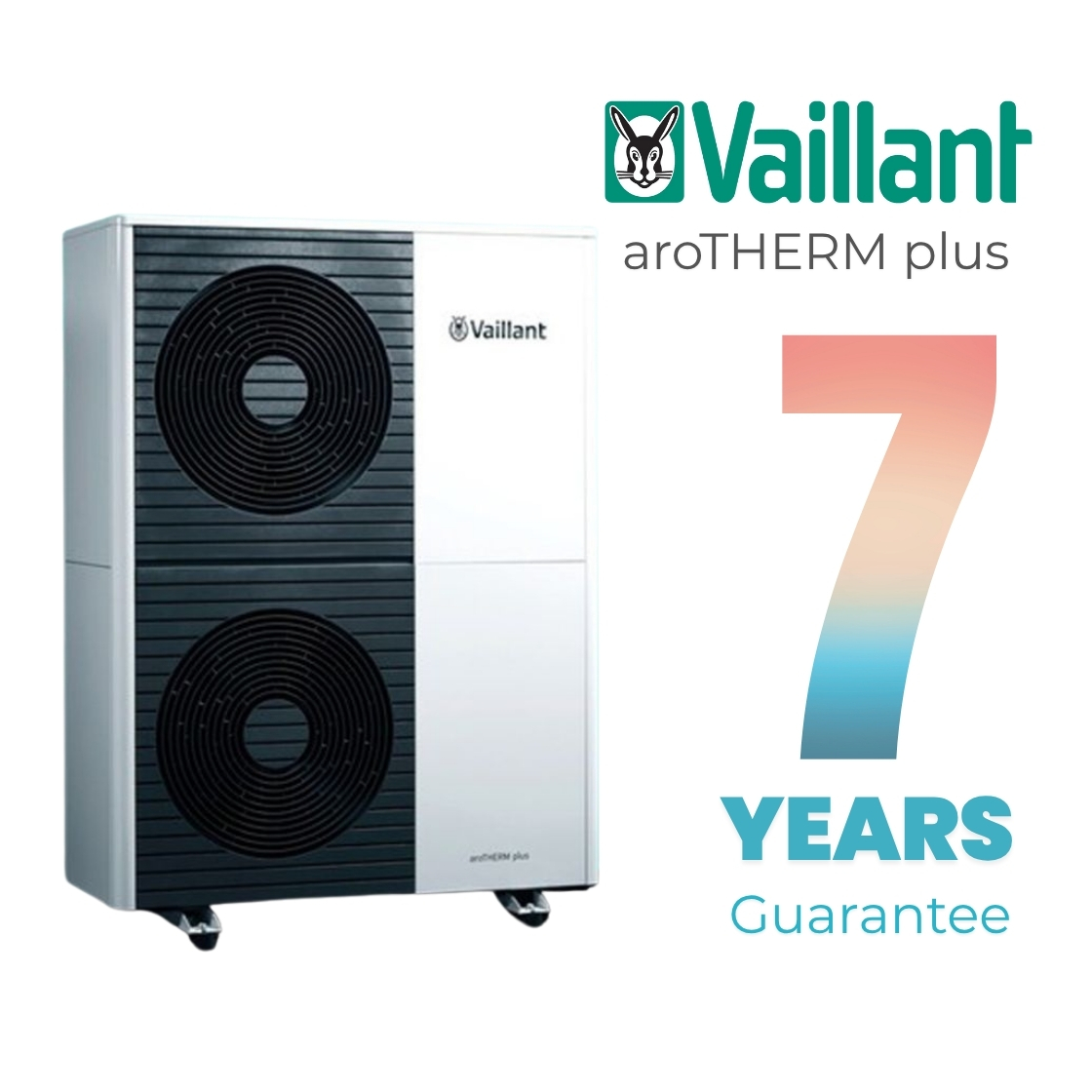
Vaillant aroTHERM plus Heat Pump installation
Vaillant Heat Pump
Vaillant aroTHERM plus
The Vaillant aroTHERM Plus is a next-generation heat pump that combines powerful performance with low-carbon technology — all wrapped up in a quiet, compact design. Ideal for both new builds and retrofits, it’s a great option for homeowners looking to future-proof their heating system.
Using natural refrigerant (R290), the aroTHERM Plus delivers ultra-low environmental impact and achieves outstanding efficiency ratings of up to A+++. With outputs ranging from 3.5kW to 12kW, it’s suitable for a wide variety of home sizes and heating demands.
Built by one of the UK’s most trusted names in home heating, the aroTHERM Plus is a smart, sustainable choice for households looking to cut carbon, save energy, and stay warm for years to come.
- 7-Year Guarantee Available
- Natural Refrigerant (R290)
- Up to A+++ Efficiency
- Ultra Quiet Mark Certification
- Compact, Modern Design
- Compatible with the Boiler Upgrade Scheme (BUS)
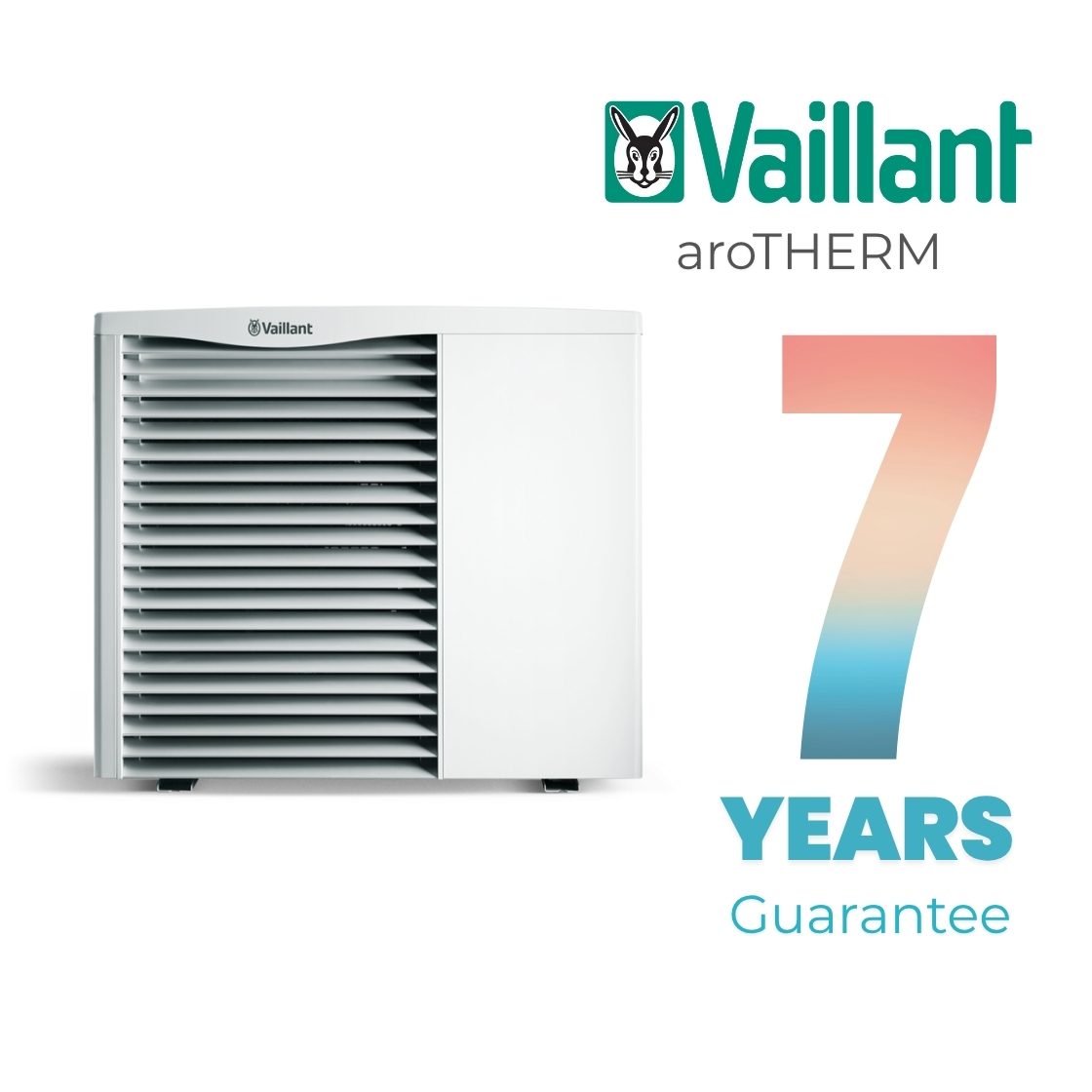
Vaillant aroTHERM Heat Pump installation
Vaillant Heat Pump
Vaillant aroTHERM
The Vaillant aroTHERM is a reliable and efficient air-to-water heat pump that uses energy from the outside air to heat your home and provide hot water — making it a smart alternative to traditional gas or oil systems.
With outputs available from 5kW to 15kW, it’s well-suited to a wide range of property types and sizes. Compact and easy to install, the aroTHERM is a great option for homeowners who want a simple, renewable heating solution that doesn’t compromise on performance.
Offering quiet operation, app-controlled heating, and an impressive energy rating of up to A++, the aroTHERM helps you stay warm, reduce running costs, and lower your carbon footprint — all with the reassurance of Vaillant’s trusted engineering.
- 7-Year Guarantee Available
- Natural Refrigerant (R290)
- Energy efficiency rating up to A++
- Ultra Quiet Mark Certification
- Compact, Modern Design
- Compatible with the Boiler Upgrade Scheme (BUS)
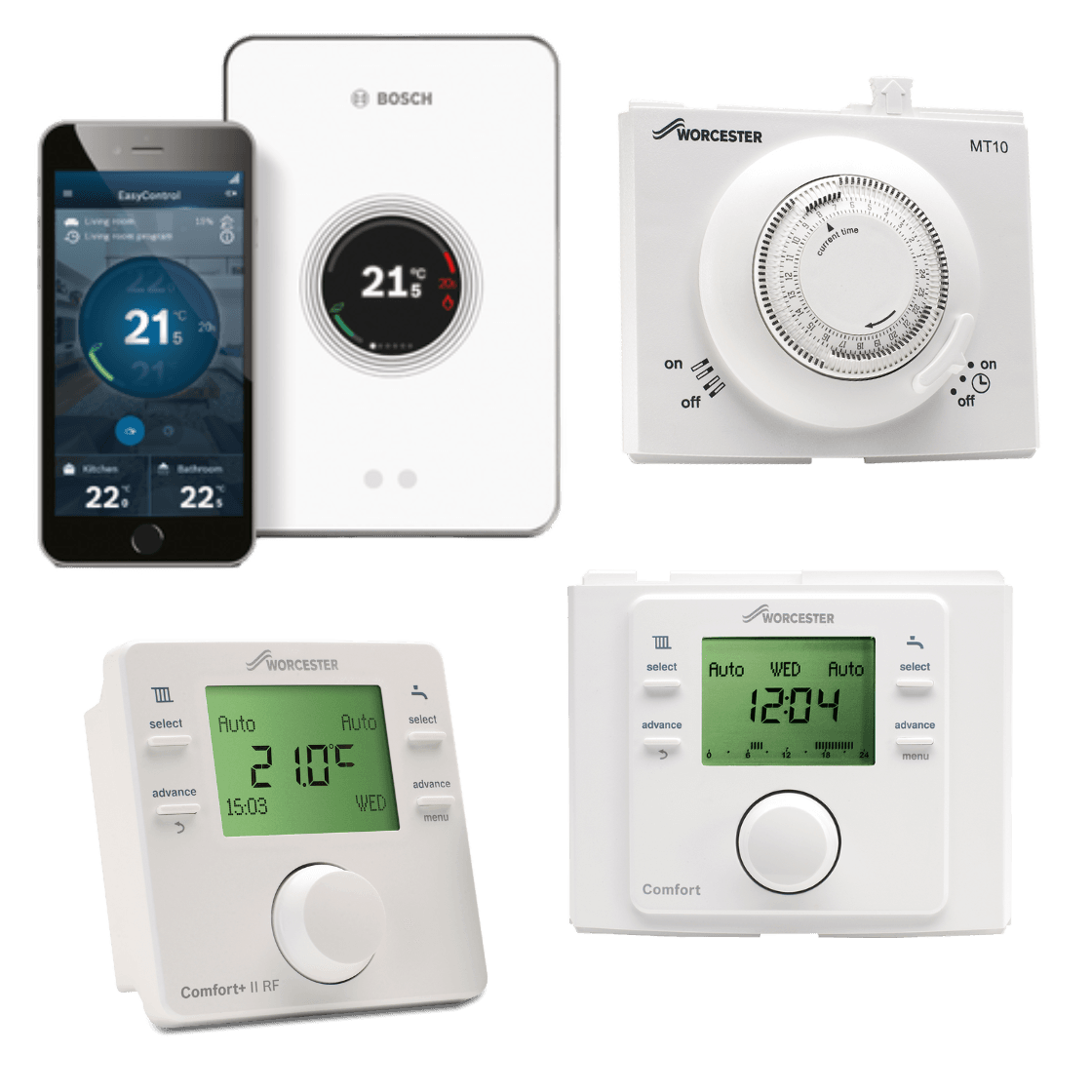
Controlling your heat pump
Controlling your heating
Controlling your heat pump is simple – and smart! With the right setup, you can enjoy full control over your heating and hot water, keeping your home comfortable all year round while using less energy.
Most modern heat pump systems work with user-friendly digital controls, smart thermostats, or apps on your phone.
These give you flexibility to:
- Set different temperatures for different times of day
- Control your heating from anywhere via your smartphone
- Monitor your energy use and adjust settings for maximum efficiency
- Use features like weather compensation and smart learning to optimise performance
At RCA Plumbing & Heating, we’ll walk you through how to use your new system, explain the controls in plain English, and even help you get set up with the best smart thermostat for your home – whether that’s Vaillant’s sensoCOMFORT, vSMART, or another option.
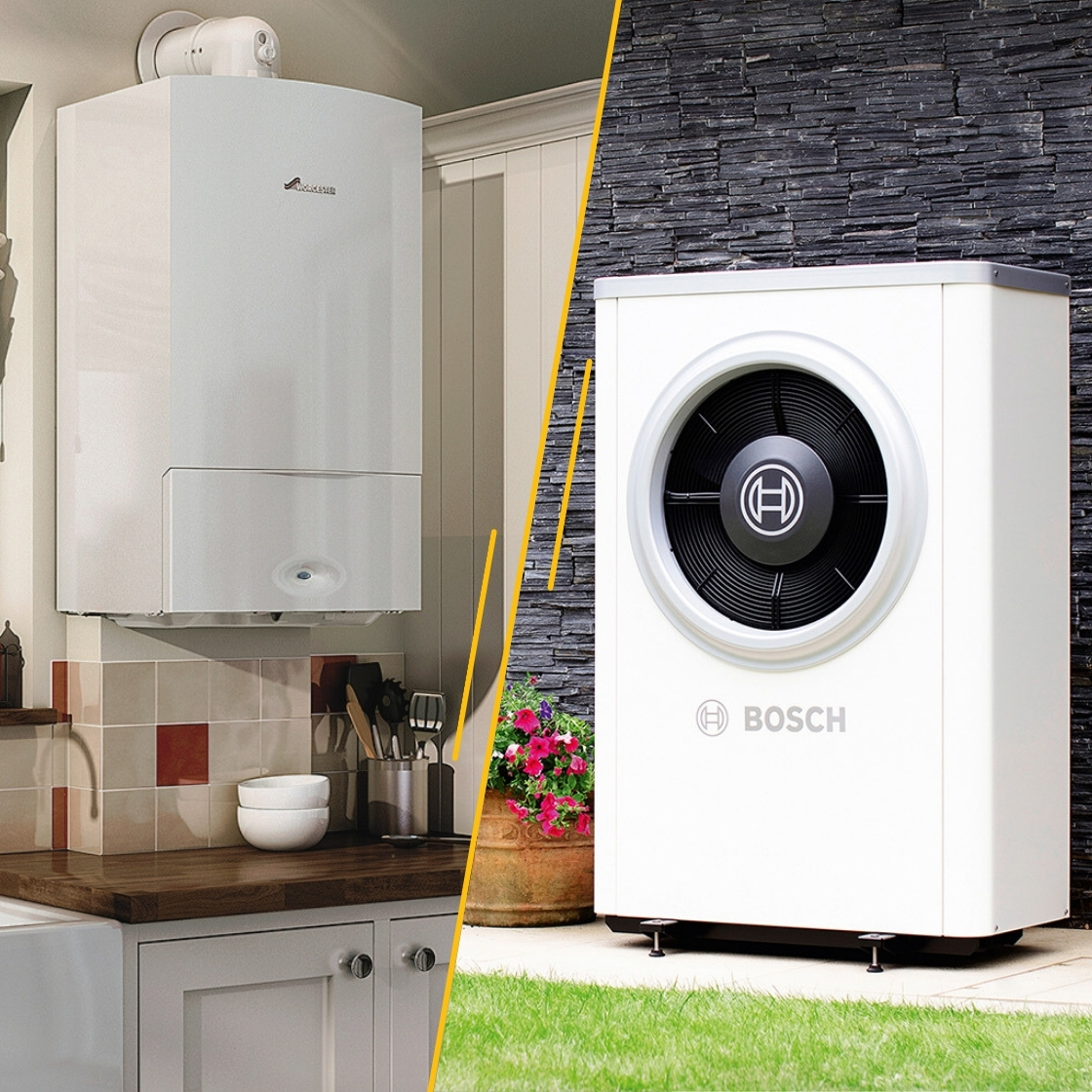
Warming Scottish homes since 2019
FORTH VALLEY'S Heat Pump Installers
Heat Pumps vs Boilers
When it comes to heating your home, the two most popular systems today are boilers and heat pumps. Both are designed to keep you warm but they work in very different ways.
If designed and installed correctly, a heat pump is the more eco-friendly option. It runs on electricity and extracts heat from the air (or ground), bringing it indoors to warm your home. Because it moves heat rather than generating it by burning fuel, it’s far more energy-efficient and environmentally friendly.
A boiler, by contrast, burns fossil fuels to heat water, which is then circulated through your home’s radiators or underfloor heating. While boilers have been a reliable heating option for decades, they do have a higher environmental impact compared to modern heat pump systems.
So which is the better choice? It depends on your home, your priorities, and how the system is designed. For an eco-friendly, energy-efficient solution, a heat pump is often ideal. For older or less insulated properties or those with higher heat demand, a boiler may still be the better fit.
At RCA Plumbing & Heating, we’re here to help you make the right choice. With our in-depth knowledge and Heat Geek accredited expertise, we’ll design the best system for your home so you can enjoy reliable, efficient heating all year round.
If you would like to arrange your heat pump survey please fill in this short form and one of the team will be in-touch!
Please note the quickest and best way to contact RCA Plumbing & Heating is via this form.
Get in touch
RCA Plumbing & Heating
Phone : 01259 929 952
Please use the form or existing customers can respond to our previous email
RCA Plumbing & Heating,
55 Westview Cres,
Tullibody, Alloa
FK10 2TN
Follow our social networks
FAQ
Forth Valley's Heat Pump questions answered!
All the big Heat Pump questions answered below
The Boiler Upgrade Scheme (BUS) is a great opportunity for homeowners and small businesses in the UK to reduce the upfront cost of installing eco-friendly heating systems. This government initiative offers £7,500 grants for air source and ground source heat pumps, making it easier to switch to low-carbon options. There’s also a £5,000 grant available for biomass boilers.
To take advantage of the scheme, all you need to do is work with an MCS-certified installer. They’ll apply for the grant on your behalf, so the savings are applied directly to your installation costs. The scheme is open to homeowners and small property owners in England and Wales and has been extended to run until 2028.
This initiative is designed to help you reduce your energy bills and your carbon footprint, making your home more sustainable in the long run.
Applying for the Boiler Upgrade Scheme (BUS) is a straightforward process, and we’ll guide you through it step by step:
Find an MCS-Certified Installer: First off, you’ll need to choose an installer who’s registered with the Microgeneration Certification Scheme (MCS). Don’t worry, they’ll handle the paperwork!
Get a Quote: Your installer will come round, assess your property, and provide a quote for installing your new heat pump or biomass boiler. They’ll also check if you qualify for the grant.
Installer Applies for You: Once you’re happy with everything, the installer submits the grant application on your behalf through Ofgem. You don’t have to fill out any forms yourself.
Grant Applied to Your Costs: If approved, the £7,500 grant is deducted from the overall cost, so you pay less upfront.
Confirmation: Ofgem will get in touch with you to confirm you’re ready to proceed. Once everything’s confirmed, the installer gets started on your new eco-friendly heating system.
It’s a hassle-free process, making it easier and more affordable for you to switch to low-carbon heating.
Air Source Heat Pumps (ASHPs) are a great energy-saving solution for your home. They pull heat from the outside air, even in cold weather, and bring it indoors to keep your space warm and cosy. They work efficiently in temperatures as low as -15°C, making them ideal for the UK's chilly winters.
One of the big advantages of ASHPs is their efficiency. For every unit of electricity they use, they can generate up to three or four times that amount in heat. So not only will you stay warm, but you’ll also see savings on your energy bills.
To get the most out of an ASHP, it’s important that it’s installed correctly and that your home is well insulated. This ensures the system runs at its best, keeping you comfortable all year round.
The cost of running a heat pump depends on a few things, like the type of system, the size of your home, and local electricity rates. In general, Air Source Heat Pumps (ASHPs) are cheaper to install but might cost a little more to run than Ground Source Heat Pumps (GSHPs), especially when it’s really cold, as ASHPs have to work harder.
On average, you can expect an ASHP to cost between £500 to £1,000 per year to run, while a GSHP may cost between £400 to £700 per year, thanks to their higher efficiency. That said, both options can lead to big savings on your energy bills compared to traditional gas or oil heating, particularly if your home is well insulated.
The running costs are also influenced by the coefficient of performance (COP), which measures how efficiently your heat pump converts electricity into heat. The better the insulation and the more efficient the system, the more you’ll save in the long run.
When it comes to heat pumps, the main difference between Air Source Heat Pumps (ASHP) and Ground Source Heat Pumps (GSHP) is where they draw their heat from.
Air Source Heat Pumps grab heat from the air outside—even when it’s chilly—and use it to warm your home and water. They’re generally easier and cheaper to install, making them a popular choice. However, they can be a bit less efficient during those freezing winter days.
Ground Source Heat Pumps, on the other hand, pull heat from the ground through pipes buried underground. These systems are more efficient, especially in colder weather, but they need more space and can cost a bit more to install due to the digging involved.
Both are eco-friendly alternatives to traditional heating, helping you reduce your carbon footprint while keeping your home toasty.
When it comes to heating your home, there are some key differences between Air Source Heat Pumps (ASHPs) and traditional boilers.
Heat Generation: An ASHP pulls heat from the air outside—even when it’s cold—and transfers it into your home. Boilers, whether gas or oil, burn fuel to produce heat directly.
Efficiency: ASHPs are more efficient, often producing 3-4 units of heat for every unit of electricity used. Boilers, especially older ones, aren’t as efficient, converting less fuel into heat.
Running Costs: With proper insulation, ASHPs tend to be cheaper to run, whereas boilers come with higher fuel costs, depending on gas or oil prices.
Environmental Impact: ASHPs are the greener option, especially when powered by renewable energy, as they significantly reduce carbon emissions. Boilers, on the other hand, emit more CO₂, particularly those running on fossil fuels.
In short, ASHPs are a more eco-friendly and cost-effective choice in the long run, though they have higher upfront installation costs. Boilers are cheaper to install but will cost more to run over time, and they aren’t as environmentally friendly.
When choosing a heat pump, the key difference between air-to-water and air-to-air heat pumps is how they warm your home.
Air-to-Water Heat Pumps: These systems take heat from the air outside and transfer it into water, which is then used to heat your home through radiators or underfloor heating. They also provide hot water for your taps. If you already have a water-based central heating system, this is a great option. Plus, they work well in colder weather with the right insulation.
Air-to-Air Heat Pumps: Instead of using water, these units transfer heat directly from the outside air into warm air inside your home. They are ideal for homes without radiators and typically distribute heat through fans or ducts. As a bonus, they can also cool your home in the summer by reversing the process.
Efficiency and Cost: Both options are energy efficient. Air-to-water systems are more versatile since they handle both heating and hot water, while air-to-air systems are simpler and cheaper to install but only provide heating (or cooling in summer).
In short, if you need both heating and hot water, an air-to-water system is your best bet. For straightforward heating or cooling, an air-to-air system is a good, cost-effective choice.
Heat pumps, especially Air Source Heat Pumps (ASHPs), do create some noise, mainly from the external unit where the fan and compressor are located. On average, the noise is around 40 to 60 decibels—similar to the sound of a modern fridge or light rain. The exact noise level depends on the model, how it’s installed, and where it's placed.
While you may notice it when standing close to the unit, modern ASHPs are designed to be quieter. Many are installed away from bedrooms or living areas to minimise any disturbance. On the other hand, Ground Source Heat Pumps (GSHPs) are generally much quieter because most of the equipment is underground or indoors.
To reduce any potential noise, it's important to ensure the heat pump is installed in the right spot—away from windows or sensitive areas. Plus, all heat pumps must meet noise regulations, so you won’t have to worry about them being a nuisance in residential areas.

